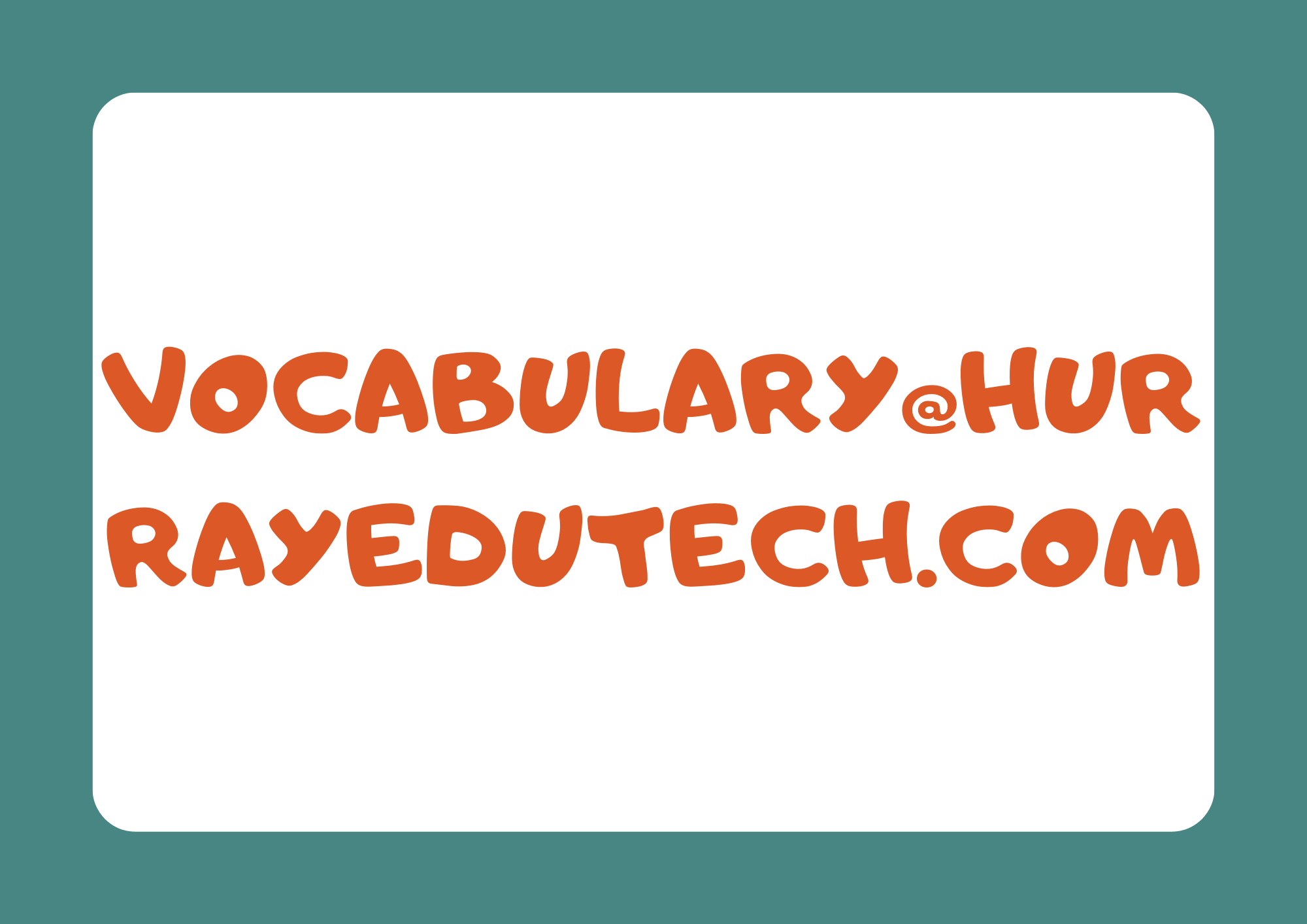IELTS Reading consists of many types of questions and one of them is matching information. You will be given a passage to read. The passage will be academic in nature – however, it will not require specialist knowledge. A list of statements based on information given in the passage, and a list of concepts from the passage, will be given. Your task is to match the correct information. The information will be presented using differing vocabulary from that used in the passage. The same concept can be matched with more than one statement.
Here is a breakup of the various components of this task put together by the IELTS Online Training team at Hurray.
Objective
The tasks in the IELTS Reading Test is designed to assess a wide range of reading skills, including:
-
read for the general sense of a passage
-
read for the main ideas
-
read for detail
-
understand inferences and implied meaning
-
recognise a writer’s opinions, attitudes and purpose
-
follow the development of an argument
(The skills in bold are those that are directly relevant to this task.)
Common problems
The problems our students often encounter, include:
-
lack of comprehension of the passage
-
inability to recognize similar information presented in different words
The following tips will help you avoid these problems!
Tips: Preparing for the task
1. Build vocabulary
Vocabulary skills involve knowing a large number of words, what they mean, how to spell them, and how to correctly use them.
Having a strong vocabulary makes a big difference when it comes to the reading test – first, to help you comprehend the passage correctly; second, to perform the task/answer the questions correctly.
Our tips to build vocabulary include:
-
Read widely and whatever you can, particularly reading material of good quality, on topics that are often used in IELTS tasks, such as Environment, Entertainment, Education, and so on.
-
Watch/listen, particularly to news channels and other informative programmes, and good movies.
-
Note down in a note-pad or journal, the new words you learn which you believe are of immediate relevance to the topics mentioned above.
2. Hone your reading sub-skills
These include:
-
Speed reading and skimming and scanning: quickly reading through a passage in order to get a gist of the main ideas, of what it is about.
-
Reading to locate key words: the ability to pick out the most important words in the passage.
-
But, don’t be too hasty: slow down and make sure you read with close attention, in order to understand it at first go.
3. Practice!
Answer as many mock IELTS tests as you can – ideally, a minimum of 3-4. Practice under exam conditions, i.e. keeping time limit and other restrictions in place.
Practice will help you to:
-
familiarise yourself with the question patterns
-
put the skills you have worked on to use
Tips: Doing the task
While performing the task, do the following:
-
Read the passage
Make use of the reading sub-skills mentioned in Slide 7. Ensure that you comprehend the gist of the passage well.
-
Re-read the passage!
Read the list of concepts (A-C) and the list of statements (1-9). Re-read the passage keeping these in mind, in order to make the matches correctly. As it is a reading test, you can take your time to read fully and well.
Example – Passage
The first of our three brains to evolve is what scientists call the reptilian cortex. This brain sustains the elementary activities of animal survival such as respiration, adequate rest and a beating heart. We are not required to consciously “think” about these activities. The reptilian cortex also houses the “startle centre”, a mechanism that facilitates swift reactions to unexpected occurrences in our surroundings. When it comes to our interaction with others, the reptilian brain offers up only the most basic impulses: aggression, mating, and territorial defence.
But while a lizard may stake a claim to its habitat, it exerts total indifference toward the well-being of its young. This is in contrast to the anguished squeal of a dolphin separated from its pod – itis clear that a new development is at play. Scientists have identified this as the limbic cortex. Unique to mammals, the limbic cortex impels creatures to nurture their offspring by delivering feelings of tenderness and warmth to the parent when children are nearby. These sensations also cause mammals to develop various types of social relations and kinship networks.
But only human capabilities extend far beyond the scope of these two cortexes. Humans eat, sleep and play, but we also speak, plot, rationalise and debate finer points of morality. Our unique abilities are the result of an expansive third brain – the neocortex – which engages with logic, reason and ideas. The power of the neocortex comes from its ability to think beyond the present, concrete moment. While other mammals are mainly restricted to impulsive actions, humans can think about the “big picture”.
Example – Questions:
Classify the following statements as referring to
-
The reptilian cortex
-
The limbic cortex
-
The neocortex
Write the correct option A or B for each of the following statements. The same option can be used more than once.
-
giving up short-term happiness for future gains
-
maintaining the bodily functions necessary for life
-
experiencing the pain of losing another
-
forming communities and social groups
-
making a decision and carrying it out
-
guarding areas of land
-
developing explanations for things
-
looking after one’s young
-
responding quickly to sudden movement and noise
Example – Solution
The answers to the task are:
|
1 |
C |
|
2 |
A |
|
3 |
B |
|
4 |
B |
|
5 |
C |
|
6 |
A |
|
7 |
C |
|
8 |
B |
|
9 |
A |
Our Hurray IELTS Online Training and Classroom Training team has all the experience and expertise required to help you achieve your desired band scores. For more information book your FREE one-on-one session, at: info@hurrayedutech.com or 8971357938 / 9900426501.











Post Comments